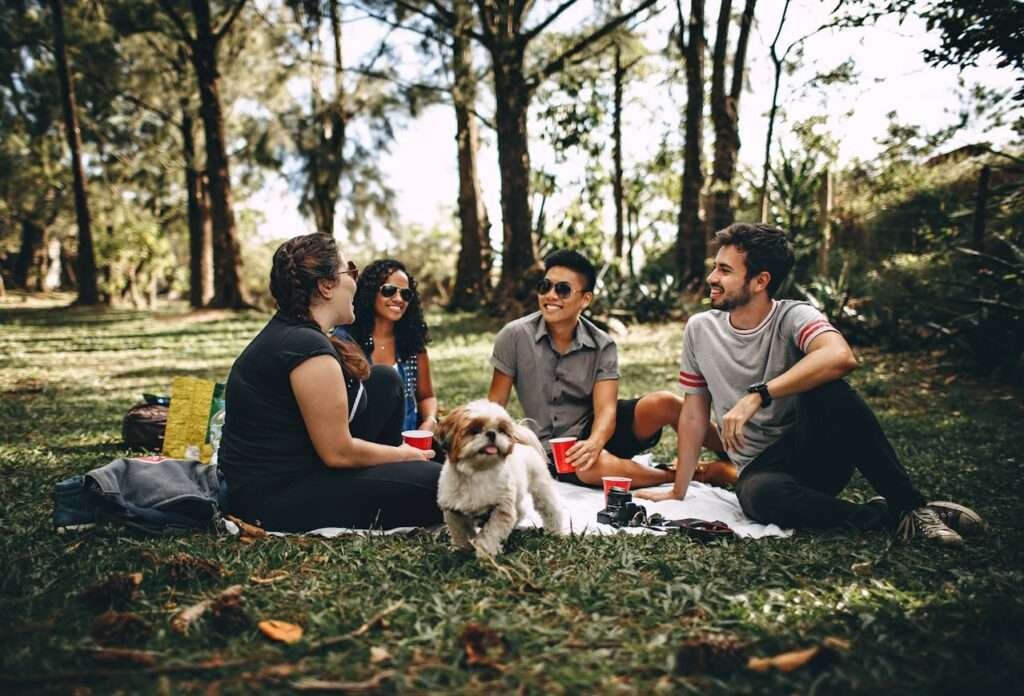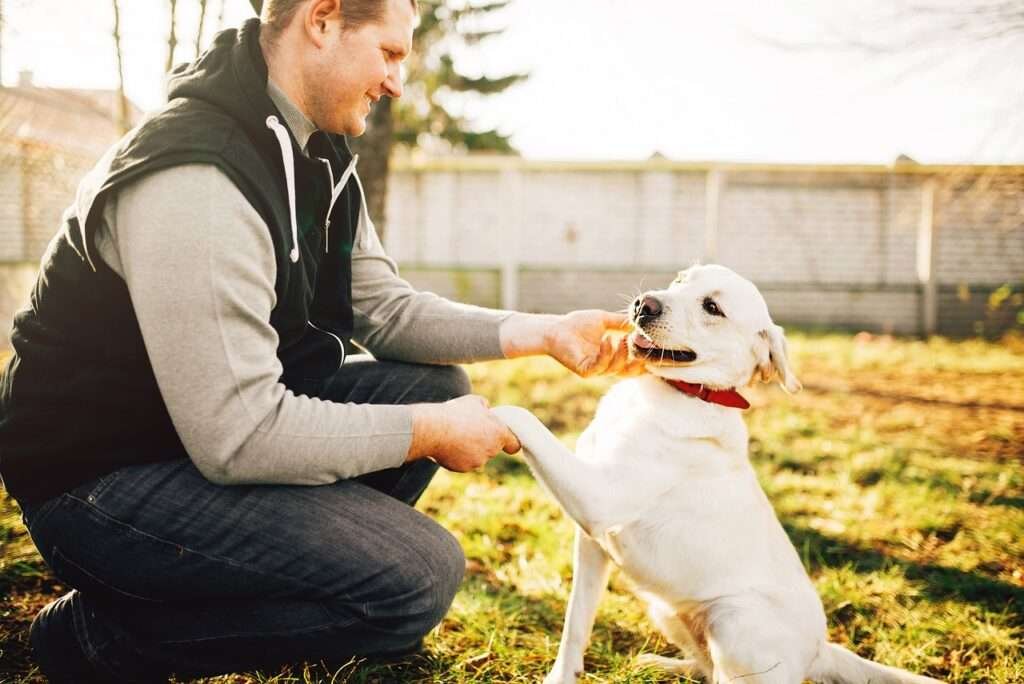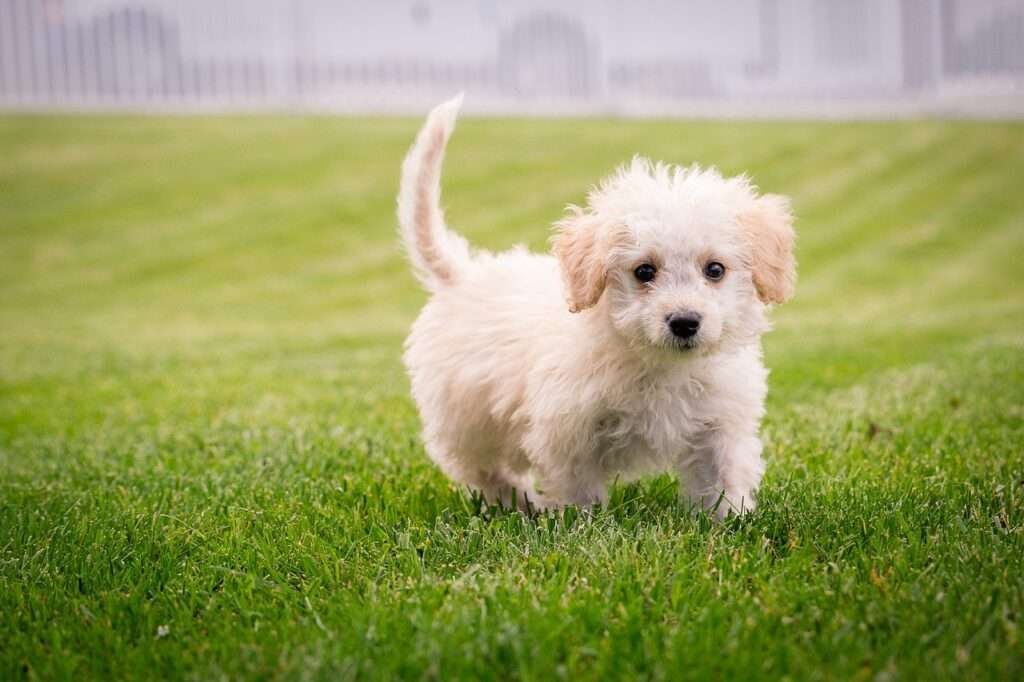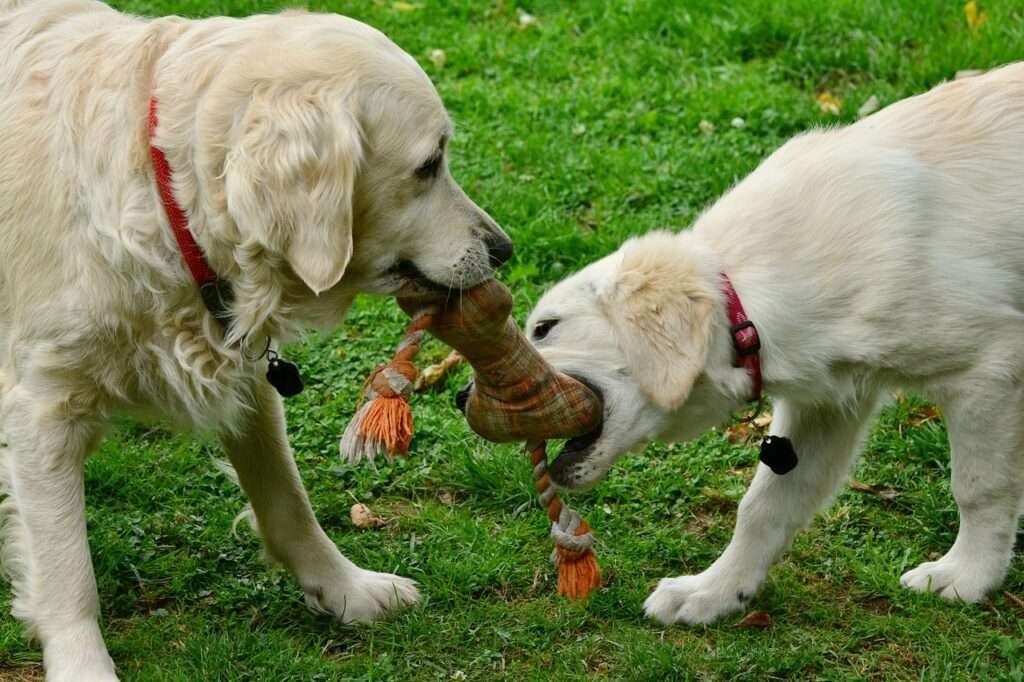Table of Contents
ToggleWhy dogs are so loyal toward humans?
The innate loyalty of dogs is an essential a part of their nature based totally on their innate emotions for dogs. As social animals, they rely on their species. Dogs see their owners as critical members in their and expand a deep feel of loyalty toward them. As a end result, further to in search of affection, puppies certainly prioritize obedience to make certain survival, reflecting commonplace training practices in which owners as “alpha puppies” expect this management position and train their dogs nicely, right now main the suspected leader.
Dogs, obviously affectionate creatures, have no difficulty forming strong bonds with them as part of their life. However, their bond extends past their own kind. A casual scroll through your Facebook feed of famously heartwarming stories about puppies that are making friends—cats, birds, monkeys, panthers, rabbits, and hamsters. Moreover, every person who stocks their home with more than one species can attest to the harmonious friendship between puppies and cats, despite the traditional assumption that regularly becomes the closest companion. Although puppies thrive entirely in social environments, the relationships they develop with humans go beyond mere companionship, indicating a deeper connection that goes beyond the mere leisure of each other’s ventures.

Bond of human – dog
After 20,000 years living with humans, dogs became domesticated. It includes biological evolution and adaptations for living alongside humans – it is inherent in their genetic makeup. Unlike newborn wolves, pups do not need clear instructions to cooperate and coexist with humans; It is an innate feature. Dogs are born with a natural tendency to interact with humans and live harmoniously, distinguishing them from non-domesticated species such as wolves, which would not naturally integrate with human families.
Journey of Dogs and Humans connection”
It has been traced back at least 40,000 years. There is no archaeological evidence to suggest an earlier date. Around 40,000 years ago, in regions such as Southeast Asia and Central Europe, clear evidence of dog domestication began to emerge.
The unique relationship between dogs and his owner?
Dogs and humans have a remarkable ability to interpret each other’s facial expressions with exceptional accuracy. This mutual understanding through sight is unique, not found with any other wild or domestic animal.
Why connection between dogs and humans are so strong?
“The bond with a true dog is as lasting as the ties of this earth will ever be”
Dogs and humans share a basic tendency toward sociality. Both species naturally crave companionship and thrive in the presence of others. We fulfill this social need for the dog, while the dog reciprocates by playing an important role in meeting our social needs.

Dogs have a remarkable intelligence for interpreting our body language. This enables them to detect our emotional states – whether we are feeling distressed, excited or tired – as soon as we encounter them. They have honed this skill during nearly 20,000 years of cohabitation with humans. Remarkably, dogs are adept at understanding human body language, surpassing our own ability to understand them. Surprisingly, great parallels exist between the body language of humans and dogs.
Why dogs have emotions like humans?
You might be surprised to learn that dogs’ brains are similar to humans and their hormones and neurotransmitters are also similar. In short, they appear to be hardwired to think and have emotions similar to humans. This is demonstrated by the fact that many psychopharmaceutical used effectively in humans are exactly the same ones used in dogs.
Why bond of dogs-human gets so deep?
Oxytocin Often known as the “love” and “feel-good” hormone, is present in both humans and dogs. Research indicates that oxytocin levels increase in both species during interactions. These biochemical reactions are largely involuntary, beyond conscious control. To a significant degree, the bond between humans and dogs is the result of this natural process—we can’t help but love our dogs, and the feeling is mutual.



